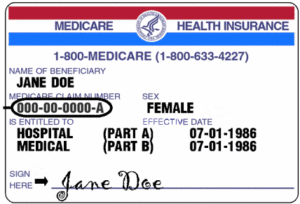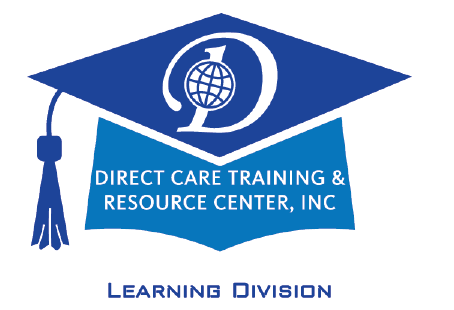From the New York Times…with edits and updates.
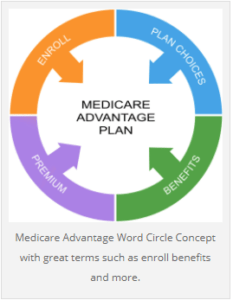 WASHINGTON — Congress and the Trump administration are revamping Medicare to provide extra benefits to people with multiple chronic illnesses, a significant departure from the program’s traditional focus that aims to create a new model of care for millions of older Americans. Of special interest is that which relates to Medicare Advantage Plans:
WASHINGTON — Congress and the Trump administration are revamping Medicare to provide extra benefits to people with multiple chronic illnesses, a significant departure from the program’s traditional focus that aims to create a new model of care for millions of older Americans. Of special interest is that which relates to Medicare Advantage Plans:
This includes a change in the definition of “Primarily Health Related” when referring to services rendered, primarily for Medicare Advantage plan enrollees. Note the actual language:
Historically, CMS has defined a mandatory or optional supplemental health care benefit in Chapter 4 of the Medicare Managed Care Manual as an item or service (1) not covered by Original Medicare, (2) that is primarily health related, and (3) for which the plan must incur a non-zero direct medical cost. An item or service that meets all three conditions may be proposed as a supplemental benefit in a plan’s plan benefit package (PBP). The final determination of benefit status is made by CMS during the annual benefit package review.
Beginning in CY 2019, CMS is expanding the definition of “primarily health related” to consider an item or service as primarily health related if it is used to diagnose, compensate for physical impairments, acts to ameliorate the functional/psychological impact of injuries or health conditions, or reduces avoidable emergency and healthcare utilization. A supplemental benefit is not primarily health related under the previous or new definition if it is an item or service that is solely or primarily used for cosmetic, comfort, general use, or social determinant purposes.”
CLICK HERE FOR THE ACTUAL MEMO FROM CMS OF APRIL 27, 2018.
The changes — reflected in a new law and in official guidance from the Department of Health and Human Services — tackle a vexing and costly problem in American health care: how to deal with long-term illnesses that can build on one another, and the social factors outside the reach of traditional medicine that can contribute to them, like nutrition, transportation and housing.

To that end, the additional benefits can include social and medical services, home improvements like wheelchair ramps, transportation to doctor’s offices and home delivery of hot meals, adult day care and in-home supports.
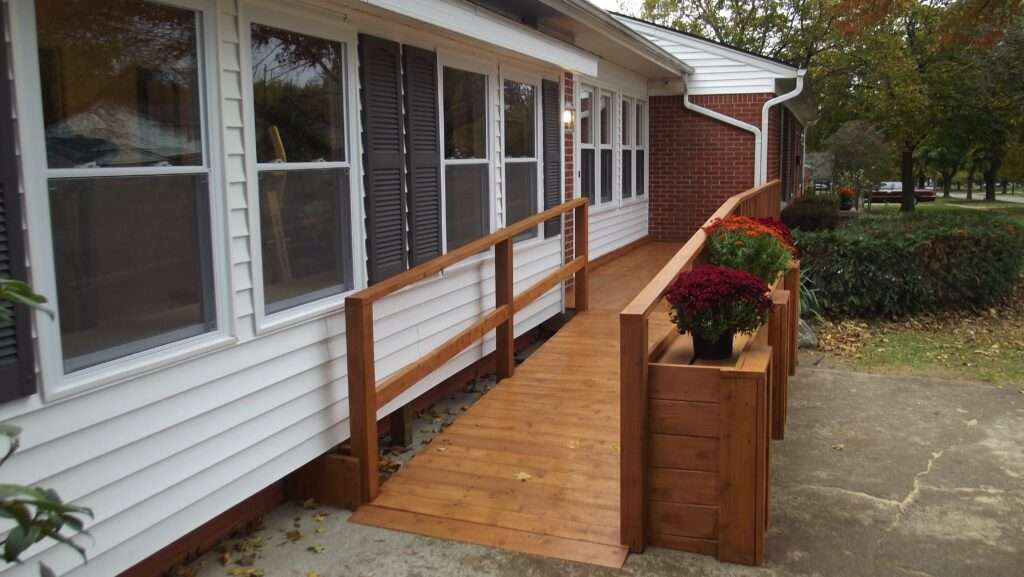
Specifically included are:
Adult Day Care/Health – Note specific language from the enters for Medicare and Medicaid Services memo of April 27, 2018:

“Adult Day Care Services (PBP B13d, e, or f): Services provided outside the home such as assistance with ADLs/IADLs, education to support performance of ADLs/IADLs, physical maintenance/rehabilitation activities, and social work services targeted to ameliorate the functional/psychological impact of injuries or health conditions, or reduce avoidable emergency and healthcare utilization. Recreational or social activities or meals that are ancillary to primarily health related services and items may also be provided but the primary purpose of adult day care services must be health related and provided by staff whose qualifications and/or supervision meet state licensing requirements. Transportation to and from the adult day care facility may be provided and should be included in PBP B10b.”
Home Care Services
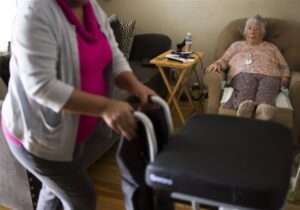
In-Home Support Services (PBP B13d, e, or f): In-home support services to assist individuals with disabilities and/or medical conditions in performing ADLs and IADLs within the home to compensate for physical impairments, ameliorate the functional/psychological impact of injuries or health conditions, or reduce avoidable emergency and healthcare utilization. Services must be provided by individuals licensed by the state to provide personal care services, or in a manner that is otherwise consistent with state requirements.
Caregiver Relief (Respite) In the Home by Home Care Providers and Out of the Home in Group Living Situations

Support for Caregivers of Enrollees (PBP B13d, e, or f): Respite care provided through a personal care attendant or the provision of short-term institutional-based care, as appropriate, to ameliorate the enrollees’ injuries or health conditions, or reduce the enrollees’ avoidable emergency and healthcare utilization. Respite care should be for short periods of time (e.g., a few hours each week, a two week period, a four week period) and may include services such as counseling and training courses for caregivers of enrollees.
The new law is a rare instance of bipartisan cooperation on a major policy initiative, embraced by members of Congress from both parties. The changes are also supported by Medicare officials and insurance companies that operate the fast-growing Medicare Advantage plans serving one-third of the 60 million Medicare beneficiaries.
“This is a way to update and strengthen Medicare,” said Senator Ron Wyden, Democrat of Oregon and an architect of the law, the Chronic Care Act, which was included in budget legislation signed recently by President Trump. “It begins a transformational change in the way Medicare works for seniors who suffer from chronic conditions. More of them will be able to receive care at home, so they can stay independent and out of the hospital.”
Half of Medicare patients are treated for five or more chronic conditions each year, and they account for three-fourths of Medicare spending, according to Kenneth E. Thorpe, the chairman of the health policy department at Emory University.

“This is a big win for patients,” said Seema Verma, the administrator of the Centers for Medicare and Medicaid Services.
Officials hope that combining social and medical services will produce better outcomes for patients and save money for Medicare.
____________________________________________________________
A Blog Post from Direct Care Training & Resource Center reporting on innovation in long-term care reimbursement.
Follow Us in the Social Stratosphere….

